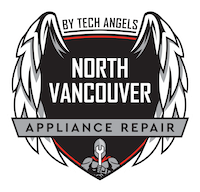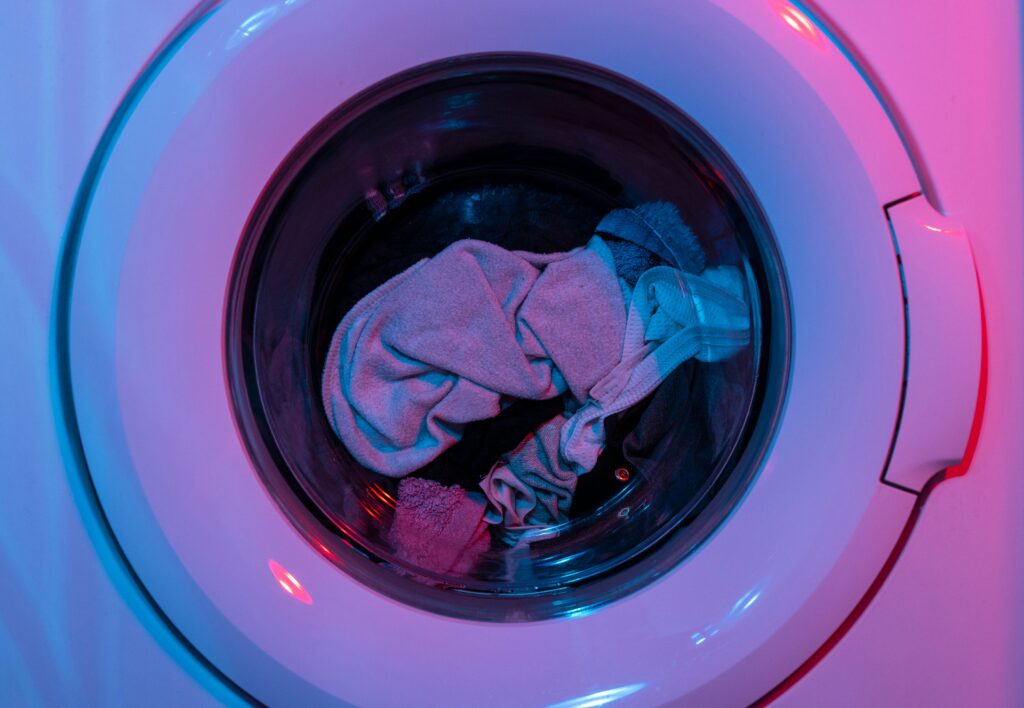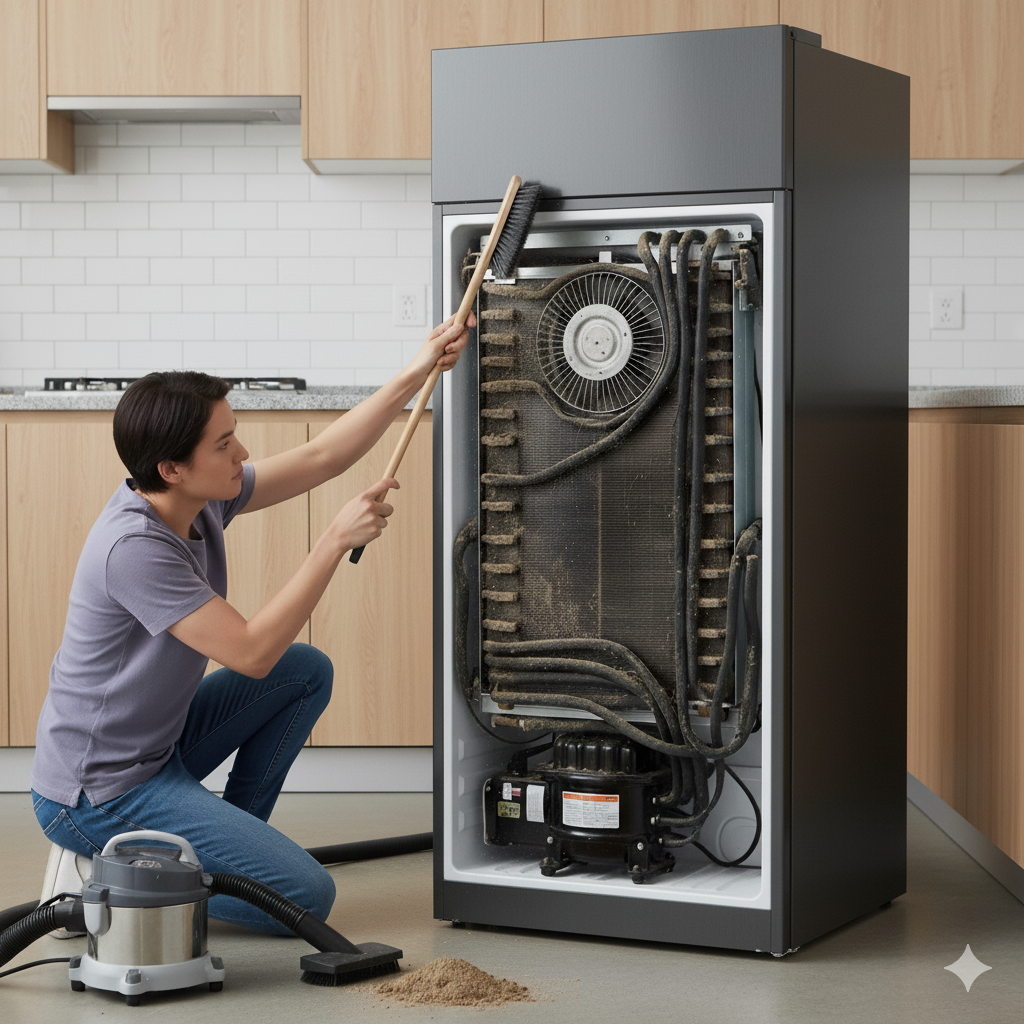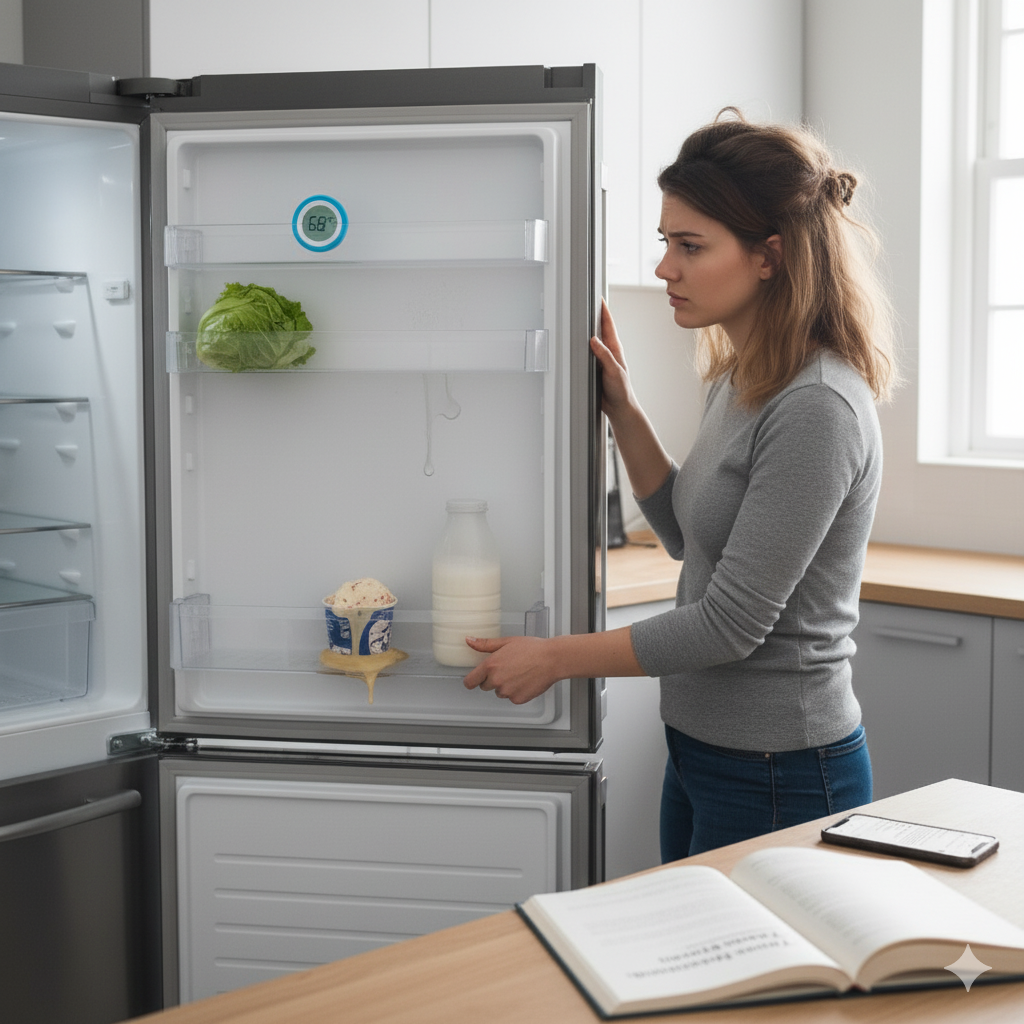Ways to Increase Your Washing Machine's Lifespan
A washing machine is a household essential, tirelessly cleaning clothes week after week. However, like any appliance, it requires proper care to maintain peak performance and longevity. With the right maintenance practices, you can extend the lifespan of your washing machine, potentially saving hundreds or even thousands of dollars on repairs or replacements. At North Vancouver Appliances, we understand the importance of keeping your appliances running smoothly. In this comprehensive guide, we’ll explore practical tips, expert advice, and preventative measures to help you maximize the lifespan of your washing machine, ensuring it serves your household for years to come.
Understanding the Lifespan of a Washing Machine
The average lifespan of a washing machine is typically 10 to 15 years, depending on the brand, model, usage frequency, and maintenance habits. High-efficiency front-loaders, top-loaders, and compact models each have unique components that require specific care. Neglecting maintenance can lead to issues like mold buildup, mechanical wear, or motor failure, while consistent care can push your machine’s lifespan toward the higher end of that range—or beyond.
By following the tips outlined below, you can protect your investment and keep your washing machine in top condition. Whether you own a brand-new model or an older unit, these strategies will help you avoid common pitfalls and ensure reliable performance.
1. Follow the Manufacturer’s Guidelines
Every washing machine comes with a user manual, and it’s your first resource for proper care. The manual provides specific instructions on load capacity, detergent types, and maintenance schedules tailored to your model. Overloading the machine or using the wrong detergent can strain components like the drum, motor, and suspension system, leading to premature wear.
Actionable Tips:
- Read the manual thoroughly. Note any recommendations for load sizes, cycle settings, and compatible detergents.
- Use HE (high-efficiency) detergent for HE machines. Non-HE detergents create excessive suds, which can damage the machine or reduce cleaning efficiency.
- Avoid overloading. Check the manual for your machine’s capacity (typically 3.5 to 5 cubic feet for most models) and weigh your laundry if necessary to stay within limits.
By adhering to these guidelines, you’ll prevent unnecessary stress on your machine’s internal components, ensuring smoother operation and a longer lifespan.
2. Clean Your Washing Machine Regularly
Dirt, detergent residue, and moisture can accumulate inside your washing machine, leading to mold, mildew, and odors that affect performance and hygiene. Regular cleaning is essential, especially for front-load washers, which are prone to moisture retention due to their airtight seals.
How to Clean Your Washing Machine:
- Run a monthly cleaning cycle. Use a washing machine cleaner (available at most appliance or grocery stores) or a homemade solution of 1 cup white vinegar and 1/2 cup baking soda. Run a hot water cycle with no clothes in the drum.
- Clean the drum and seals. Wipe down the drum and door gasket (especially in front-loaders) with a damp cloth and mild detergent to remove residue. Dry the gasket thoroughly to prevent mold.
- Clean the detergent dispenser. Remove the dispenser tray (if detachable) and soak it in warm, soapy water to remove buildup. Use a small brush to clean hard-to-reach areas.
- Check the filter. Many machines have a filter or drain pump trap that collects debris like lint, coins, or small objects. Check your manual for its location and clean it every 3–6 months.
Pro Tip: For front-load washers, leave the door ajar after each use to allow air circulation and prevent mold growth. For top-loaders, wipe down the interior after heavy use to remove residue.
3. Use the Right Detergent and Amount
Using the correct detergent and measuring it properly is critical for your washing machine’s health. Too much detergent can create excess suds, which strain the motor and leave residue in the drum, while too little may not clean clothes effectively, tempting you to run extra cycles that wear out the machine.
Detergent Best Practices:
- Choose the right detergent. Use HE detergent for high-efficiency machines and standard detergent for traditional top-loaders. Liquid, powder, or pod detergents are fine as long as they match your machine’s requirements.
- Measure carefully. Follow the detergent manufacturer’s instructions based on load size and soil level. A typical load requires about 1–2 tablespoons of liquid detergent or one pod.
- Avoid fabric softeners in excess. Liquid fabric softeners can leave a waxy residue in the drum. Consider using dryer sheets or wool dryer balls as alternatives.
By using the right amount of the correct detergent, you’ll reduce wear on your machine’s components and maintain optimal cleaning performance.
4. Balance Loads and Avoid Overloading
Overloading your washing machine is one of the quickest ways to shorten its lifespan. When the drum is too full, the motor, bearings, and suspension system work harder, leading to faster wear and potential breakdowns. Conversely, running very small loads too frequently can also increase wear due to unnecessary cycles.
How to Balance Loads:
- Follow capacity guidelines. A standard load should fill the drum about three-quarters full, leaving room for clothes to move freely.
- Mix load types. Combine large and small items (e.g., towels with shirts) to ensure even distribution during the spin cycle.
- Avoid washing heavy items alone. Washing a single heavy item, like a comforter, can unbalance the drum. Pair it with smaller items or use a commercial washer for oversized loads.
Signs of Overloading:
- Excessive vibration or noise during the spin cycle.
- Clothes coming out still soiled or overly wet.
- Error codes on digital displays (check your manual for specific codes).
By balancing loads and avoiding overloading, you’ll reduce strain on the machine’s mechanical components, extending its operational life.
5. Inspect and Maintain Hoses and Connections
The water inlet and drain hoses are critical to your washing machine’s operation, and issues like leaks or clogs can cause significant damage. A burst hose can lead to flooding, while a clogged drain hose can cause backups that strain the pump.
Hose Maintenance Tips:
- Inspect hoses regularly. Check for cracks, bulges, or leaks every 6 months. Replace rubber hoses every 3–5 years, as they degrade over time.
- Use stainless steel hoses. These are more durable than rubber and less prone to bursting.
- Ensure proper connections. Make sure hoses are securely attached and not kinked, as kinks can restrict water flow and strain the pump.
- Clean the drain hose. Detach the drain hose (following your manual’s instructions) and flush it with water to remove debris.
Pro Tip: Turn off the water supply to your washing machine when not in use to reduce pressure on the hoses and prevent potential leaks.
6. Address Hard Water Issues
In areas like North Vancouver, hard water—high in minerals like calcium and magnesium—can cause limescale buildup inside your washing machine. This buildup can clog pipes, reduce water flow, and damage heating elements in machines with hot water cycles.
How to Combat Hard Water:
- Install a water softener. A whole-house water softener can reduce mineral content, protecting your washing machine and other appliances.
- Use a descaling agent. Products like citric acid or specialized descalers can remove limescale. Run a hot cycle with the descaler every 3–6 months.
- Check for buildup. Inspect the drum and hoses for white, chalky residue, which indicates limescale. Address it promptly to prevent damage.
If you’re unsure about your water hardness, contact a local water testing service or check with your municipality for water quality reports.
7. Schedule Professional Maintenance
While DIY maintenance is essential, professional servicing can catch issues that may go unnoticed. A qualified technician can inspect internal components like the motor, bearings, and belts, which are difficult to access at home.
When to Call a Professional:
- Unusual noises (grinding, squealing, or banging) during operation.
- Persistent error codes or malfunctions.
- Water not draining properly or leaks around the machine.
- Reduced cleaning performance despite proper maintenance.
Pro Tip: At North Vancouver Appliances, our expert technicians offer comprehensive maintenance and repair services. Schedule an annual check-up to keep your washing machine in top shape. Visit https://northvancouverappliances.ca for more details or to book a service.
8. Use Your Washing Machine Wisely
How you use your washing machine impacts its longevity. Running excessive cycles, using inappropriate settings, or neglecting small issues can accelerate wear and tear.
Smart Usage Tips:
- Choose the right cycle. Use delicate or low-spin cycles for lightweight fabrics to reduce strain on the motor and drum.
- Avoid frequent short cycles. Consolidate laundry into full (but not overloaded) loads to reduce the number of cycles.
- Address small issues promptly. If you notice unusual behavior (e.g., slow draining or odd noises), investigate immediately to prevent bigger problems.
By using your machine thoughtfully, you’ll minimize wear on its components and maintain efficiency over time.
9. Protect Against Power Surges
Power surges can damage the electronic components of modern washing machines, especially those with digital displays or smart features. A single surge can fry the control board, leading to costly repairs.
How to Protect Your Machine:
- Use a surge protector. Plug your washing machine into a high-quality surge protector rated for appliances.
- Unplug during storms. If you expect a thunderstorm or power outage, unplug the machine to avoid surge damage.
- Check wiring. Ensure your home’s electrical system is up to code, as faulty wiring can cause power fluctuations.
10. Store and Move Your Machine Properly
If you need to store or move your washing machine (e.g., during a renovation or relocation), improper handling can cause damage. Vibrations during transport or prolonged storage in damp conditions can harm internal components.
Storage and Moving Tips:
- Drain all water. Run a drain cycle and disconnect hoses to remove residual water, which can cause mold or rust.
- Secure the drum. Use transit bolts (provided with most machines) to stabilize the drum during transport.
- Store in a dry environment. Avoid damp basements or garages, as moisture can damage electronic components.
Common Washing Machine Issues and How to Prevent Them
Here are some common problems and preventative measures to keep your washing machine running smoothly:
- Mold and Odor: Regular cleaning and leaving the door ajar prevent moisture buildup.
- Leaking: Check hoses, seals, and the door gasket for damage or wear.
- Excessive Vibration: Ensure the machine is level (use a spirit level) and balance loads properly.
- Poor Cleaning Performance: Use the correct detergent amount and clean the drum and filter regularly.
The Benefits of Extending Your Washing Machine’s Lifespan
Proper maintenance not only extends the life of your washing machine but also offers several benefits:
- Cost Savings: Avoid expensive repairs or premature replacement.
- Energy Efficiency: A well-maintained machine uses less water and electricity.
- Better Performance: Clean clothes with fewer issues like odors or residue.
- Environmental Impact: Extending your machine’s life reduces waste and the need for new appliances.
Conclusion
Your washing machine is a workhorse, but it needs care to perform at its best. By following these tips—reading the manual, cleaning regularly, using the right detergent, balancing loads, maintaining hoses, addressing hard water, scheduling professional maintenance, using the machine wisely, protecting against surges, and storing it properly—you can significantly extend its lifespan. At North Vancouver Appliances, we’re committed to helping you keep your appliances in top condition. If you need expert advice or professional servicing, visit https://northvancouverappliances.cato learn more or schedule a visit from our skilled technicians.
Investing a little time and effort in maintenance today can save you from costly repairs or replacements tomorrow. Keep your washing machine running smoothly, and enjoy clean clothes and peace of mind for years to come!











